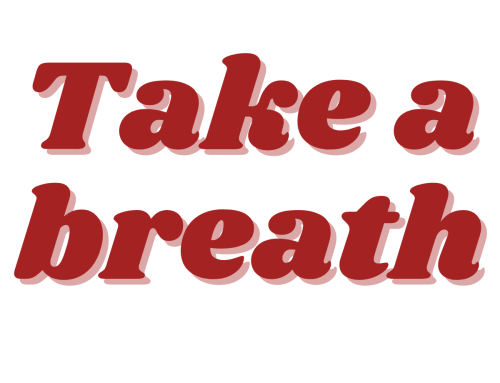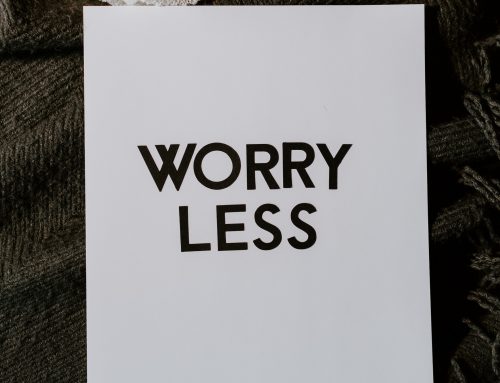
“Mr angry finally gave into his temper”
This is one emotion that it is very hard to explore, without getting angry. It’s an emotion that a lot of people find it really hard to admit that they feel let alone talk about. Anger can show itself in a variety of different ways depending on the type of person you are. Some people shout and swear and in this respect anger is quite easy to spot! Some people become more aggressive or even violent, again easy to spot. Shouting, swearing, aggression and violence are of course frightening to be around, can make others extremely tense and worried. The person feeling this kind of anger might also feel pretty frightened of what they might do to the people around them that they love, alienating them, and ultimately they might feel pretty frightened of themselves. Anger in itself can be a defence mechanism: I feel I may be under attack, so I attack back. Of course the angry person may have perceived the situation incorrectly, but they are responding in possibly the only way they know how. (NB – I am not condoning violence here, at all. I’m just exploring the different ways that people express anger.)
Shouting and swearing can be helpful at times, as some people let off steam in this way – but it can be difficult to be around! Equally these explosive versions of anger can be short-lived, and make for very temporary periods of disharmony. What can be difficult about shouty, sweary anger is our upbringing. What we see as anger in childhood, how our parents, grandparents and siblings express anger (or not) is what we get used to, and so experiencing anger in any other kind of way as we progress into adulthood and relationships of our own can feel really uncomfortable or frightening. If we are experiencing this with our partners, we can choose to run a mile at how they express anger, or live with it and learn new ways of expressing our emotions ourselves based on the new learning we experience. If we are the shouty, sweary angry person we can be further emotional at the end of the outburst, left with guilt or frustration at how we have behaved, now having to live with having said hurtful things, and find a way beyond this.
One type of anger that is harder to identify is passive aggression. This can be hard to recognise at all as anger, and yet being on the receiving end can be more painful than the short outbursts of rage, as it can be expressed in a variety of ways that may not be perceived as anger at all. Experiencing our own passive aggression can also feel so completely unrelated to the traditional ways that we recognise anger, that we may deny feeling angry at all! It really can be quite confusing for everyone involved. How does it show up then? Sulking, doing tasks but doing them slightly wrong (so that we may not be asked to do them again!), self criticism or being overly critical, or being overly apologetic: manipulative perhaps, withholding affection and avoidance. As I say, confusing and difficult to resolve or reach understanding.
Some people become completely passive in angry situations, refusing to enter into ‘discussion’ at all, avoiding eye contact and reducing their speech tone, rate and volume. Warning: these people may become Michael Douglas in the film “Falling Down”. I joke, but imagine not being able to express anger at all, and where that must leave you internally – it must come out somewhere, sometime. Perhaps another way of thinking about this is repressed anger, which can either result in a Michael Douglas situation or can mean that we end up getting depressed or anxious as we try to hide from our feelings.
The best we can be is assertive. Clearly stating what we want, need or desire from others in a direct, honest and respectful way. This is very grown up of course. They way we would all like to be I imagine, and it is possible to make a choice to behave in this way. But the thing is with stuff that makes us angry, it triggers something inside us, and it’s just not always that easy to be the adult about things. How we respond to events, statements and people in our lives is through our learned behaviour (as I said earlier), but this is further complicated by our perceptions, or understanding of what others are trying to communicate to us. Perception can be distorted by poor communication, or memories (that could be completely unconnected to the current situation). It could be that we are already in an emotional state that isn’t receptive to the conversation that the other person wants to have with this (hormonal, feeling sad, in a grump…).
We are all human, and therefore capable of a full range of emotion: meaning that we are all capable of expressing anger in all of these ways and more. Anger is as normal a being thirsty. The key is to remember that having a full range of emotions is normal and not something to be frightened or ashamed of, we all experience this. How we manage it, and how others receive it is the thing to consider further.
Try to explore it in the moment: count to ten, stop yourself and think what is this emotion that is coming up for me? Where is it coming from? Where do I feel it in my body? What is underneath it? Why have I had such a strong reaction to this?
This is of course not easy in the heat of a moment! You may need to remember to ask yourself these questions once you are on the other side. Remember that all new things take practice, practice and more practice. Most of us do not arrive on this planet fully skilled at being perfect humans, and we have to learn how.
What have I missed? How do you experience anger in your life? Is it something you would like to be able to do differently? Is it impacting on how you live your life? I would love to hear your thoughts on this, comment below or if you read this on social media, hit reply…
? Cx






